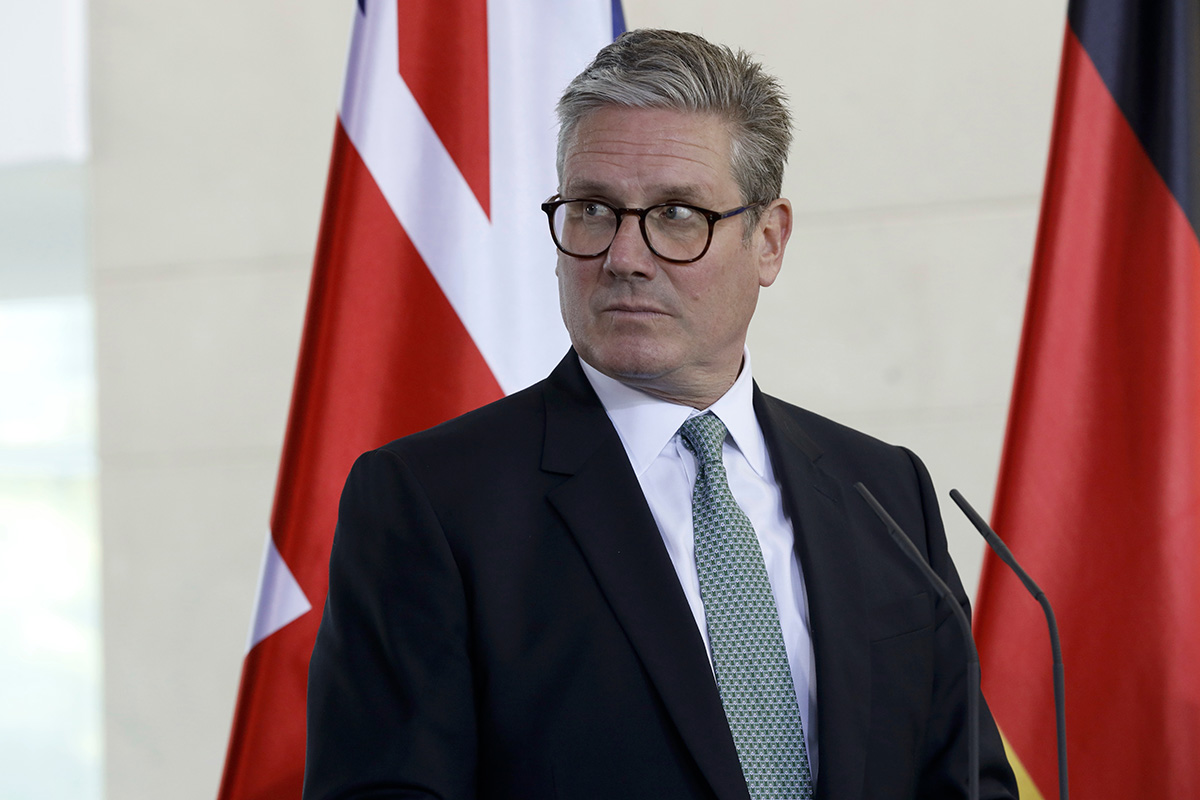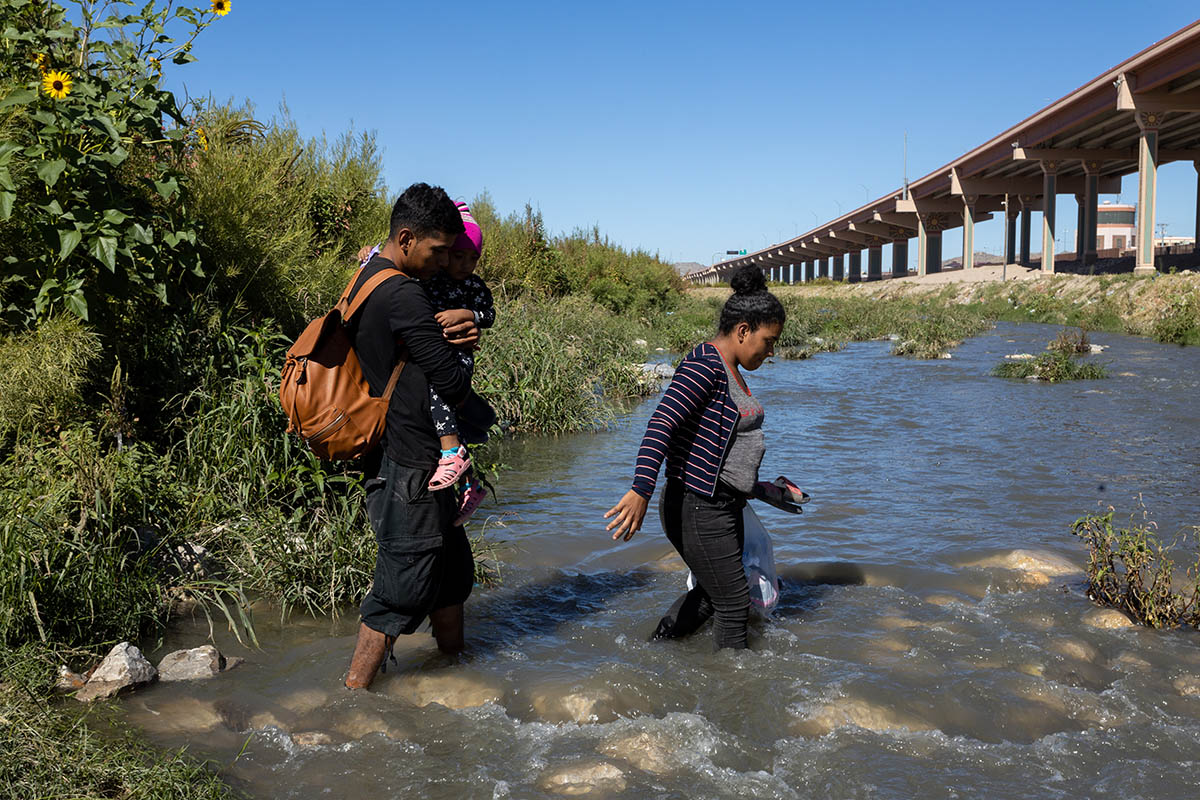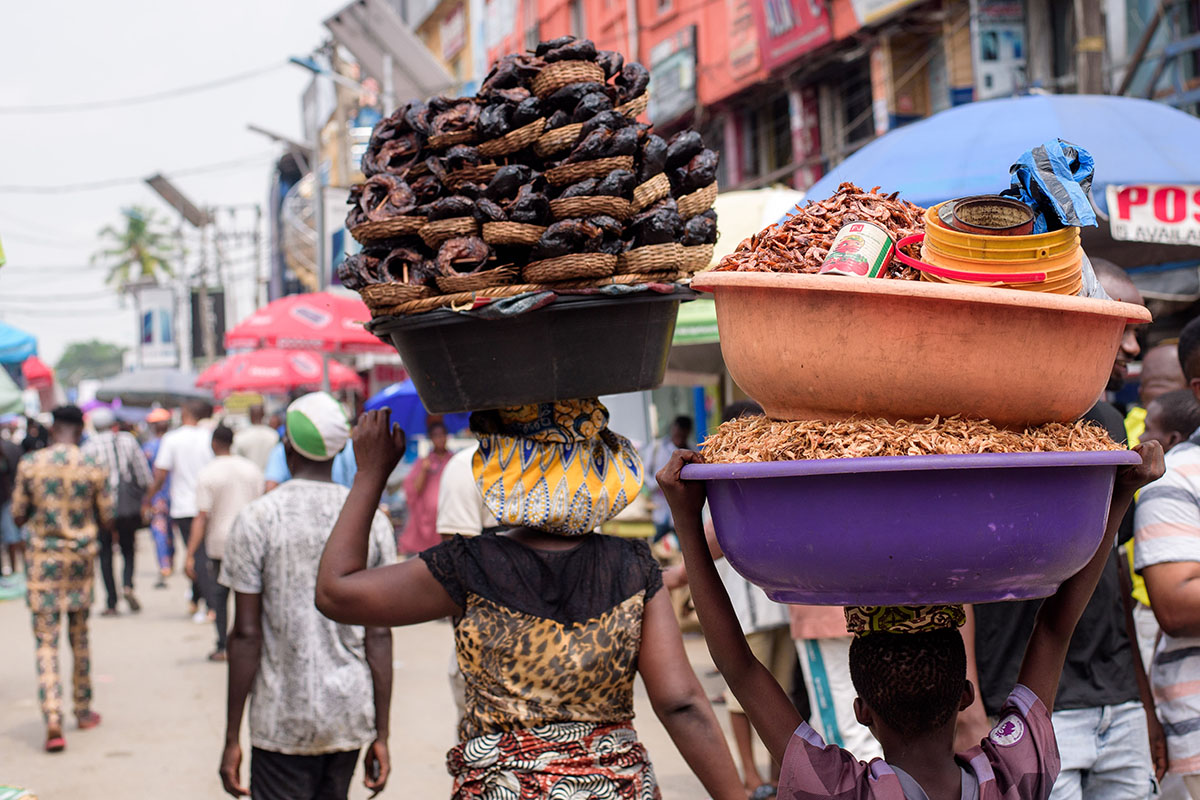The UK – Commonwealth Slavery Reparations Saga
November 3by Chimaobi Omeye
The government of the United Kingdom last week vetoed the inclusion of reparations for slavery from the agenda of the Commonwealth Heads of Government Meeting (CHOGM) in Apia, Samoa. This came as a shock to many who believe the matter should have been discussed extensively. The question was raised as to why the Westminster government is shying away from the discussion that is dear to the hearts of many Commonwealth nations in Africa and the Caribbean.
The United Kingdom (UK) at one point was the biggest slave trading nation in the world. The billions of pounds derived from the trade contributed immensely to that nation’s industrial development to the detriment of some countries in Africa and the Caribbean, that are yet to recover. Many believe that the UK’s rise to riches was built on the blood, sweat, toil and death of enslaved Blacks, which coincides with actual growth in the UK and Europe in general, which kicked off during the century when the slave trade and overseas slavery reached their apex.
Karl Marx argued in Das Kapital (1867) that modern industrial capitalism was built on the capital accumulation facilitated by slavery: “The veiled slavery of the wage workers in Europe needed, for its pedestal, slavery pure and simple in the New World. . . capital comes dripping from head to foot, from every pore, with blood and dirt”.
Current UK Government Position
Prime Minister of the UK Keir Stamer has made it clear that the future is what matters to him, particularly Climate Change, rather than endless discussions on reparations. This does not align with the governments in Africa and Caribbean that demand reparation efforts from the present UK government. The refusal to include the discussion on the agenda and the passing reference to it in the declaration statement of the summit seem to show some cracks or developing ones within the Commonwealth. Also, Keir Stamer should be reminded that the Church of England has started some level of reparation after an advisory panel advised the Church to set up a fund of one billion pounds which is 10 times higher than the previous target.
I believe the government of the UK could have started by building on the plan of the Church rather than shying away from the discussion and worst of all avoiding even a formal apology just like his predecessor, Rushi Sunak. There should be deliberate efforts to resolve this long-standing matter by the UK government.
I strongly believe that the reparations saga will be a continuous and recurring one in the upcoming CHOGMs and deliberate actions should be taken by London, especially in an effort to keep the Commonwealth of nations at peace. I also believe everything cannot be paid or accounted for, but at least, a formal apology would be a start.
Prime Minister, Ralph Gonsalves of St. Vincent and the Grenadines, says the legacy of the slave trade continues to plague Caribbean countries even till today, while the trade bettered the lives of other people thousands of miles away. He also added that the Caribbean were left with nothing to start with and to build on – no land, no money, no training, no education.
The Stance of other Countries
Netherlands has made tremendous efforts on addressing this matter. The immediate past Prime Minister, Mark Rutte together with the Dutch King, Willem-Alexander have apologised for the country’s involvement in slavery, acknowledging the state profited from it. Amsterdam has still ruled out reparations, but created a 200 million euro fund to benefit the descendants of enslaved people and other groups, and promote social initiatives in the country.
Portugal that trafficked almost six million Africans is yet to issue an apology, and little is said to be known about it in the Iberian country. President Marcelo Rebelo de Sousa has not been straight forward on the matter after acknowledging the need for an apology. He suggested the need for reparations, but nothing significant has been done by his government.
The French President acknowledges the need for reconciliation instead of reparations. France trafficked more than one million people to the Americas and has rejected the call for reparations in the case that started in Martinique.
If there is anything Germany can share from its own experience, it is this: facing up to the grim truth of what took place is the only path to begin reconciliation. A past that is not examined fully and honestly will remain a burden for the future. – Peter Fahrenholtz, Germany’s Ambassador to Rwanda
Sincerely, full reparations might be difficult to achieve considering the current economic state of the UK and other former slave trading nations, but there should be clear direction and commitment no matter how little it is. Just like the Netherlands did by creating a 200-million-euro fund, I strongly believe the UK government should emulate it and build further on the foundation the Church of England has created. The government must come out with a clear plan on how to resolve this silent issue within the Commonwealth. A formal royal apology from the King and one from the government must be issued even before the reparations. The African community must feel that sense of belonging and sincerity from the government of UK, the most powerful Commonwealth nation.
I remember the quote from Peter Fahrenholtz, Germany’s Ambassador to Rwanda during a Rwanda genocide Remembrance Day – “If there is anything Germany can share from its own experience, it is this: facing up to the grim truth of what took place is the only path to begin reconciliation. A past that is not examined fully and honestly will remain a burden for the future.”
This is also a message to the UK, that the grim truth must be acknowledged and worked on. Many people will agree that billions of pounds invested in wars such as the Ukraine war would have resolved most of the reparation issues. The funds mustn’t be given to the corrupt governments in Africa and the Caribbean directly, but invested through the UK development agencies that will impact the lives of the descendants of enslaved Africans, for it is their toil, blood, sweat and death which were used in making UK the European and world power it is today.






